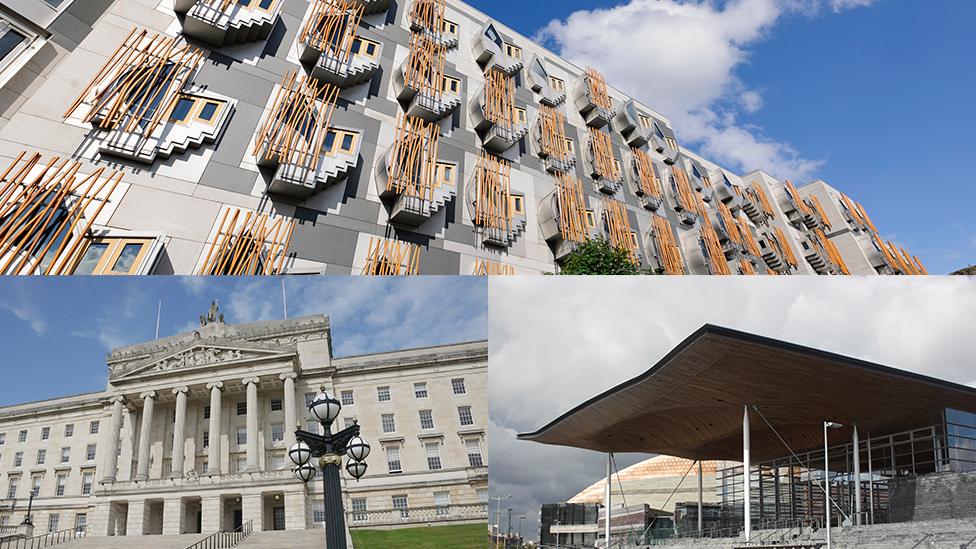Brexit: The view from a fisherman and a farmer in Pembrokeshire
- Published
Brexit: 'Taking control of fishing waters and farming'
The weather was better than had been forecast for my trip to Pembrokeshire.
That was great for me and even better for Gavin Davies, who was able to send his crew out to fish for whelks.
If he doesn't fish, he doesn't earn any money but he still has to pay for overheads: his fuel bill alone is £8,000 a month.
And like so many fishermen in Saundersfoot and the other bays along the coast, he's supporting his family in communities where tourism has driven up housing costs and made a lot of work highly seasonal.
That's why he supported Brexit: "Thankfully it's happening and we're going to take back our waters."
He said foreign trawlers take tonnes of fish without landing their catch locally meaning they don't bring any business to Welsh ports.
"We don't make no money out of it," he told me.
Mr Davies wants Boris Johnson to make sure that practice stops when he sits down to negotiate trading terms with the EU.
But he also knows that fishing rights are a bargaining chip and he's worried that the UK government might give in on access to British waters in return for EU compromises elsewhere.
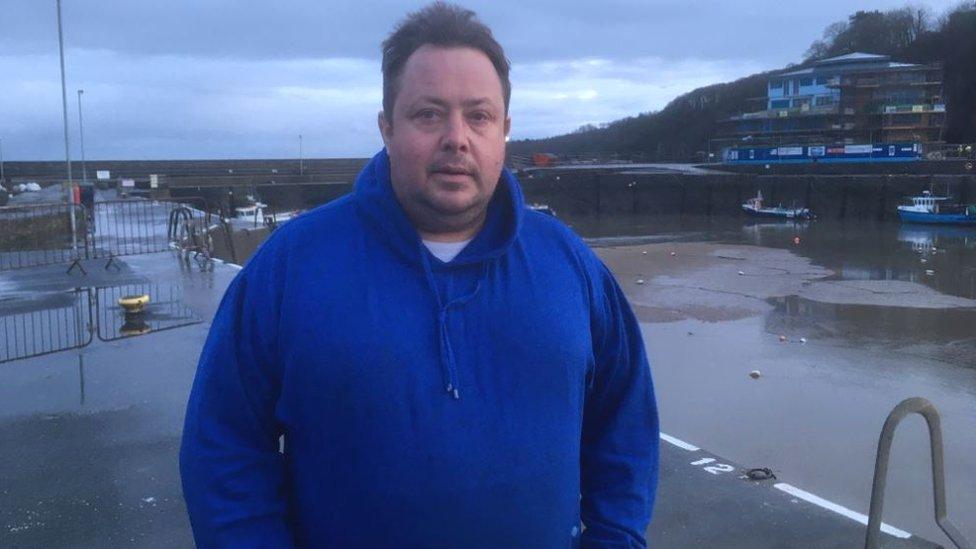
Gavin Davies said UK fishermen are "going to take back our waters"
Consumers in places like South Korea and China eat Mr Davies' whelks.
"You're no one in Japan if you haven't got whelks on the table," he said. "They're thought to be an aphrodisiac."
He tells me this after I have an unwittingly close encounter with a whelk he's showing me - apparently I had been touching the little creature's outsize penis.
"I'm learning a lot about whelks!" I said. "Well, everyday's a school day, Fliss", he replied.
While Mr Davies and his friends in the fishing industry have been keen to see Brexit happen, a lot of Welsh farmers have been worried about what Brexit might mean for access to EU markets.
They are worried about tariffs and other barriers to trade.
But Paul Ratcliffe, who farms crops near Narberth, told me farmers need to look to a growing world population and a growing appetite for quality produce among the middle classes in places like China.
Paul diversified into bio-fuels more than a decade ago. He has been very successful and now employs 14 people in a business that's much bigger than his farm.
He told me he's not unusual: "I've got a lot of colleagues with fingers in lots of different pies."
As a farmer, "you've got to adapt".
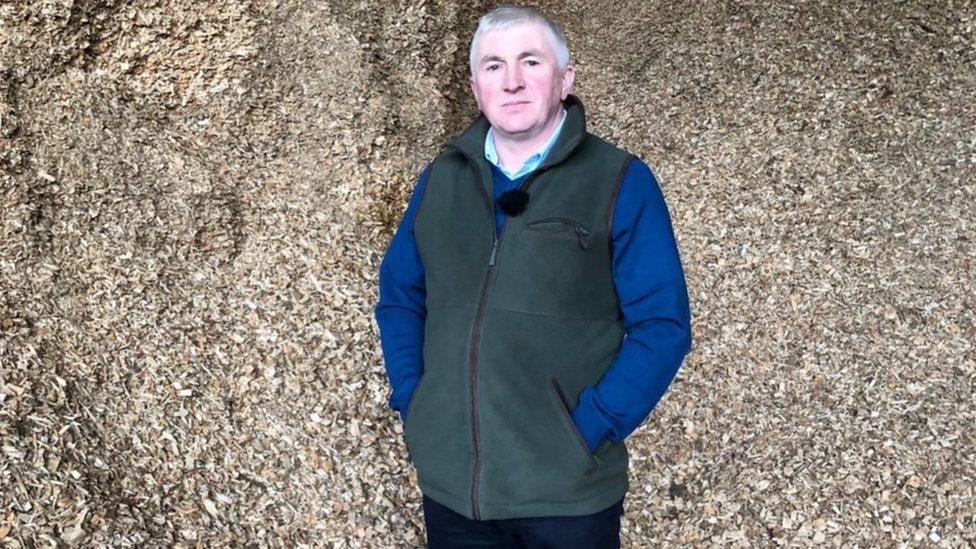
Paul Ratcliffe said farmers would not be able to compete under a US trade deal
He thinks it's not a bad thing to move away from a "one size fits all" approach to farming support that has to work across 28 different countries.
"This is an opportunity to target where money goes," he says while stressing the importance of politicians remembering to prioritise food security.
If he's worried about anything, it's the impact of a trade deal with the US, not the EU.
"We cannot compete" on that scale he says, but politicians can protect the industry by "keeping our food standards high".
Farming runs in Mr Ratcliffe's family and his son, who's a teenager, wants to make it his career too.
Mr Ratcliffe is optimistic, but he also thinks carefully about the possible benefits and pitfalls of the year ahead. Despite my prodding, he won't make predictions.
He grinned when I ask him what he thinks will happen: "It depends on the politicians."
Then he pats his pockets: "Where's my crystal ball?"
- Published30 December 2020

- Published27 January 2020
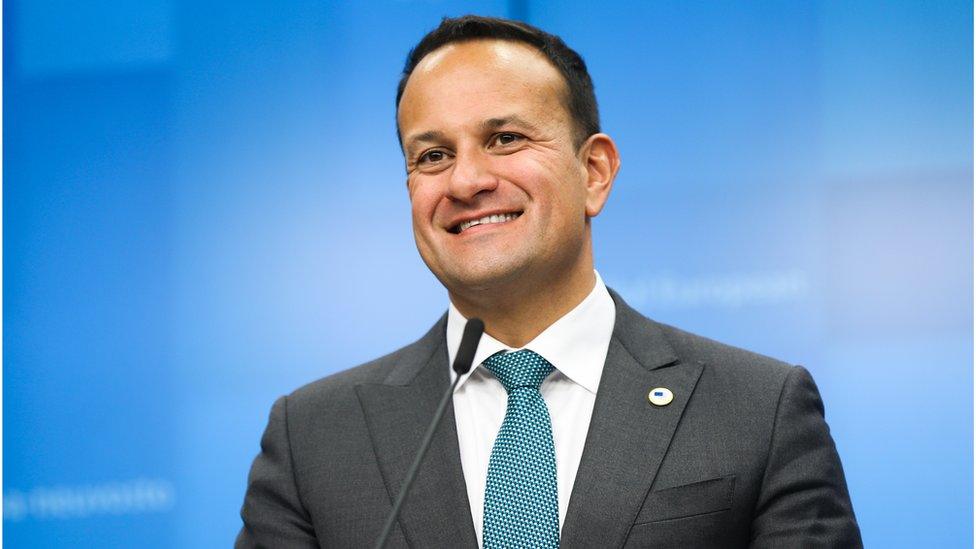
- Published27 January 2020
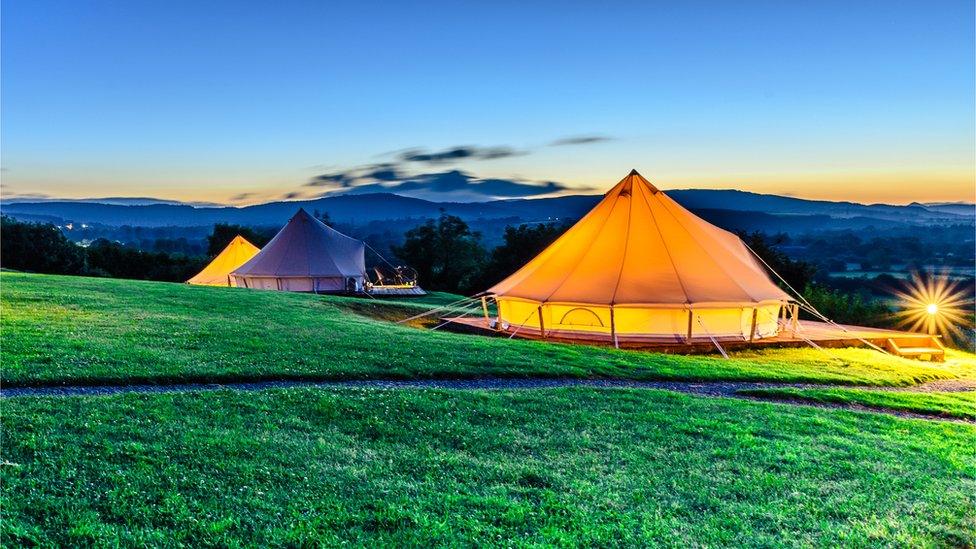
- Published26 January 2020
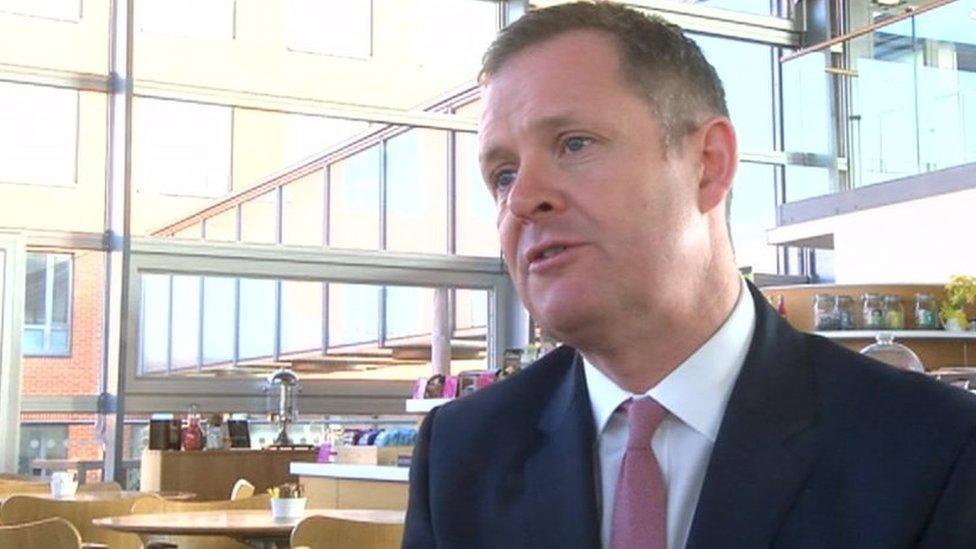
- Published21 January 2020
